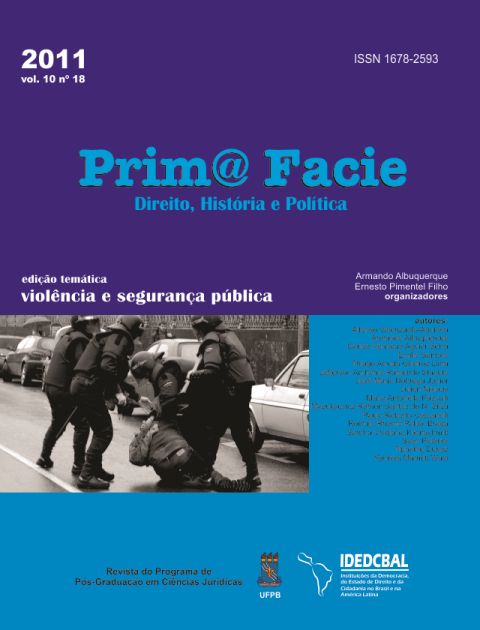(EN) The regulation of immigration as a social question: from inclusive citizenship to neo-slavery
Keywords:
Immigration, Neo-Slavery, ItalyAbstract
Today, states no longer need to build and take care of their populations in order to secure their power. They can simply select the migrations flows (as well as citizens) through the regulation of entries and expulsions. Democracy, that had been characterized for over two century by its high potential for social inclusion, in north western societies has become an excluding device through which the ‘satisfied’ class, by means of migration policies and prison, regulates access to rights. This is the context of Italian immigration policies that, by making regular entry of migrant workers virtually impossible, create a mechanism based on their longer or shorter irregular presence and in any event make their status utterly uncertain, forcing them to live haunted by the possibility of coming back to irregularity. At the cost of widespread illegality, this choice allows the neo-slave-like exploitation of migrants. In many sectors, from building to farming and home care, migrants – either irregular or perpetually subjected to the blackmail of irregularity – accept to work for wages that can be one half of the legal minimum. In Italy in particular, the whole sector of assistance to dependent people, is based on the neo-slave-like exploitation of migrants.Downloads
Download data is not yet available.
Downloads
Published
2011-12-05
How to Cite
SANTORO, E. (EN) The regulation of immigration as a social question: from inclusive citizenship to neo-slavery. Prim@ Facie - Law, History and Politics, [S. l.], v. 10, n. 18, p. 119–177, 2011. Disponível em: https://periodicos.ufpb.br/index.php/primafacie/article/view/4242. Acesso em: 16 aug. 2024.
Issue
Section
Corpus


